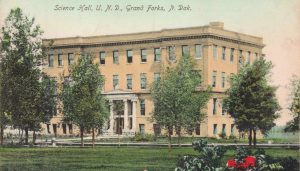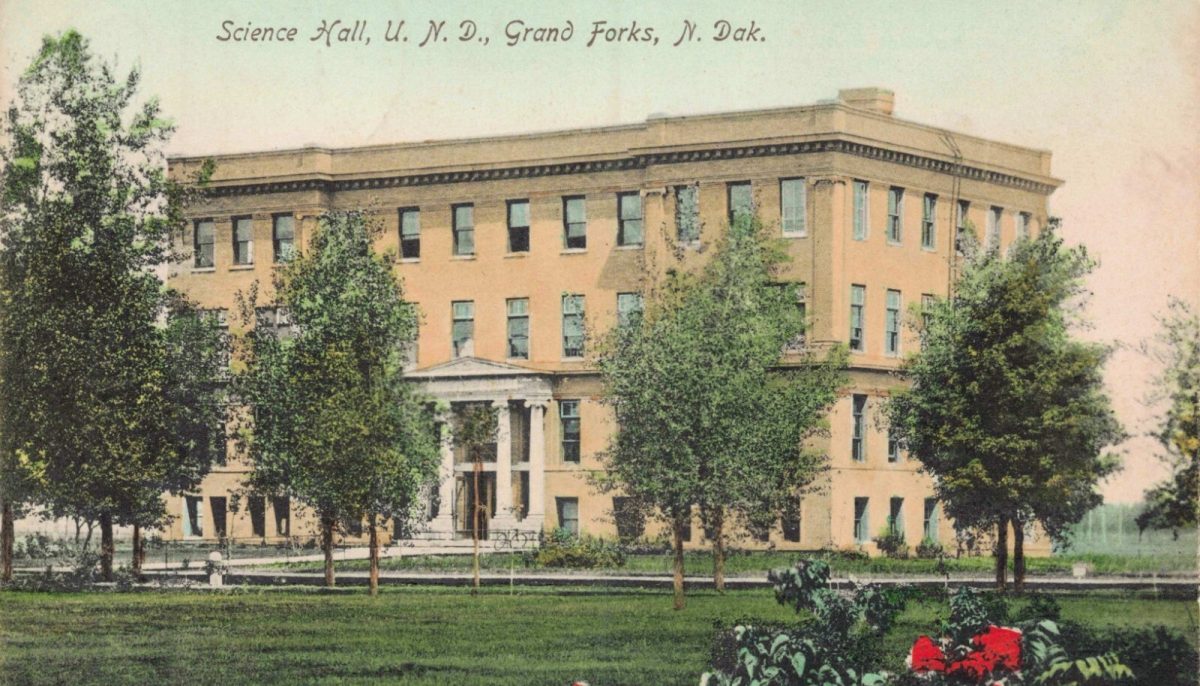An Editor’s Note
President Trump soon will sign a huge cut to federal public broadcast funding, which got congressional approval July 18, as The Associated Press reported, “Congress Approves Trump’s $9 Billion Cut to Public Broadcasting and Foreign Aid.” Of that, about $1.1 billion was earmarked for the Corporation for Public Broadcasting that in turn funds the Public Broadcasting Service and National Public Radio. This is a pittance to the public purse compared to the trillions of GOP spending increases.
While concerned about the statewide Arkansas PBS, my heart is with Fayetteville station KUAF-FM, 91.3, as well as every NPR station wherever I’ve lived. (Few other NPR member stations have a six-day-a-week hourlong local news program like “Ozarks at Large.”)
What generations of Republicans have wanted, since Richard Nixon, Trump got.
As worried as I am about cuts to KUAF’s programming and staff members, I recall my similar lay-off 44 years ago. Not then certainly but on reflection, that began my path to joining a union, this one, eight years ago.
NPR has been my media crush since age 18, when I left Fort Smith for California and college. It was fall 1976 and folks in my dorm Adelfa – certainly Jim and Bill, upperclassmen Communication majors across the hall – listened to National Public Radio’s All Things Considered on KQED-FM. Sophomore year my new friend Rob, an electrical engineering major, was listening to KQED for classical and news, KJAZ for yes-that, and alternative FM stations for late ’70s punk. Early senior year 1979-80 Morning Edition debuted; I listened to the premier while making breakfast in the kitchen of my co-op Kairos.
I sent 60 job queries to NPR affiliates nationwide, got rejection letters from about half, heard nothing from about half and got one phone interview with KFJM AM and FM, Public Radio of the Upper Red River Valley, Grand Forks, North Dakota, 970 miles from Fort Smith. I started in June 1980, right after graduation, as one of two news producers. Besides reporting and supervising student reporters (the station was owned by the University of North Dakota), I was the Morning Edition local host.
In early 1981, the new president, Ronald Reagan, promised to drastically cut public broadcasting funds. Citing the threat in March, the general manager and news director laid me off. The other guy got to stay. Two weeks later I was heading down the central indoor staircase with my stuff while two workers were going up, carrying a state-of-the-art audio-mixing console, obviously my next several paychecks.
Reagan got a CPB cut, not Trump size, but it didn’t happen for many months.
If I was in a union then, I may not have kept my job but I would have had tools to fight and, perhaps more importantly, support from the union and empathetic fellow members.
In summer 1981 I took a reporting job at the now-defunct Irving Daily News outside Dallas, beginning my generally satisfying career in print journalism that ended in 2012.
All of my working life when there were weird situations at work, I could have used union expertise and union power. Everyone has “weird situations at work.”
I’m sure not saying KUAF staffers who are University of Arkansas employees would be helped by membership. Sure, they and all UA staff, faculty and graduate assistants are welcome! Just saying that once I joined UA-Fayetteville Education Association / Local 965 in fall 2017, I felt at home.
This column first was published in the July 2025 newsletter of UA-Fayetteville Education Association / Local 965, of which Ben Pollock is vice president.

© 2025 Ben S. Pollock Jr.

